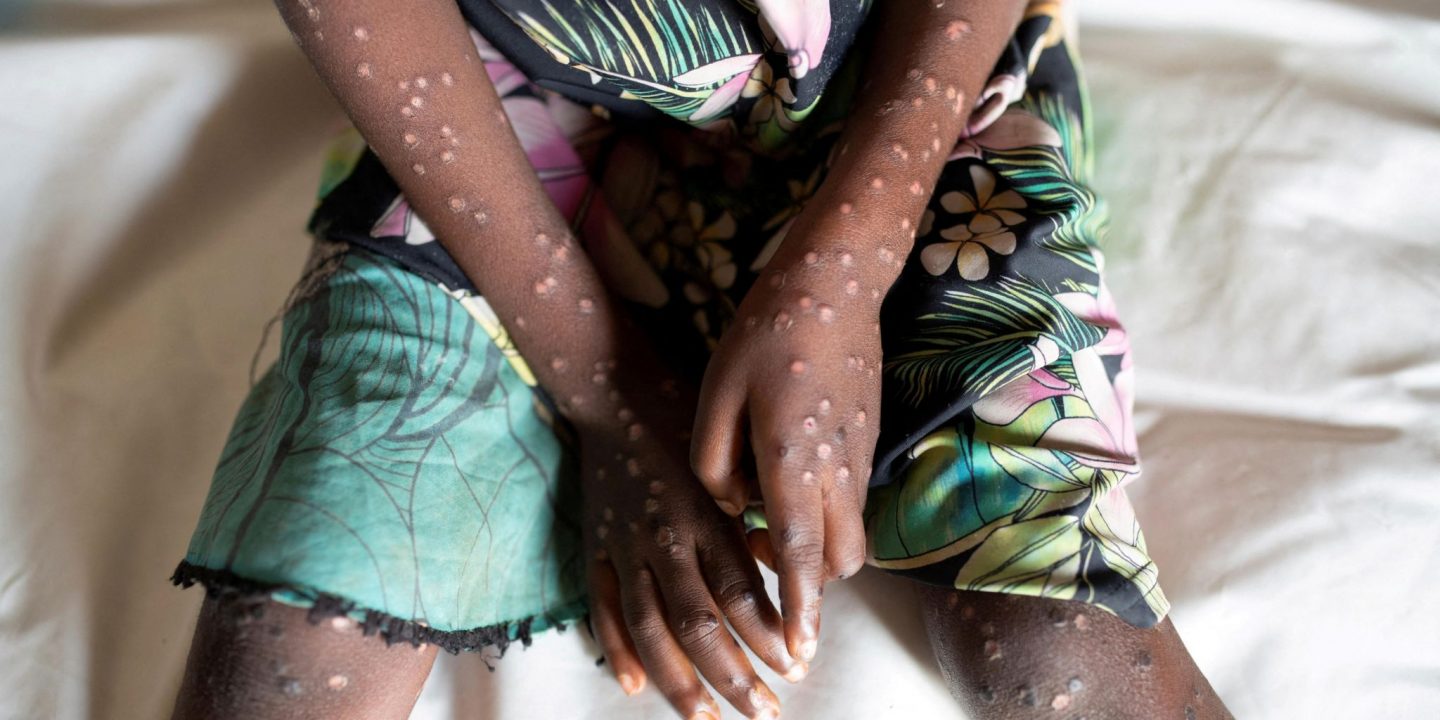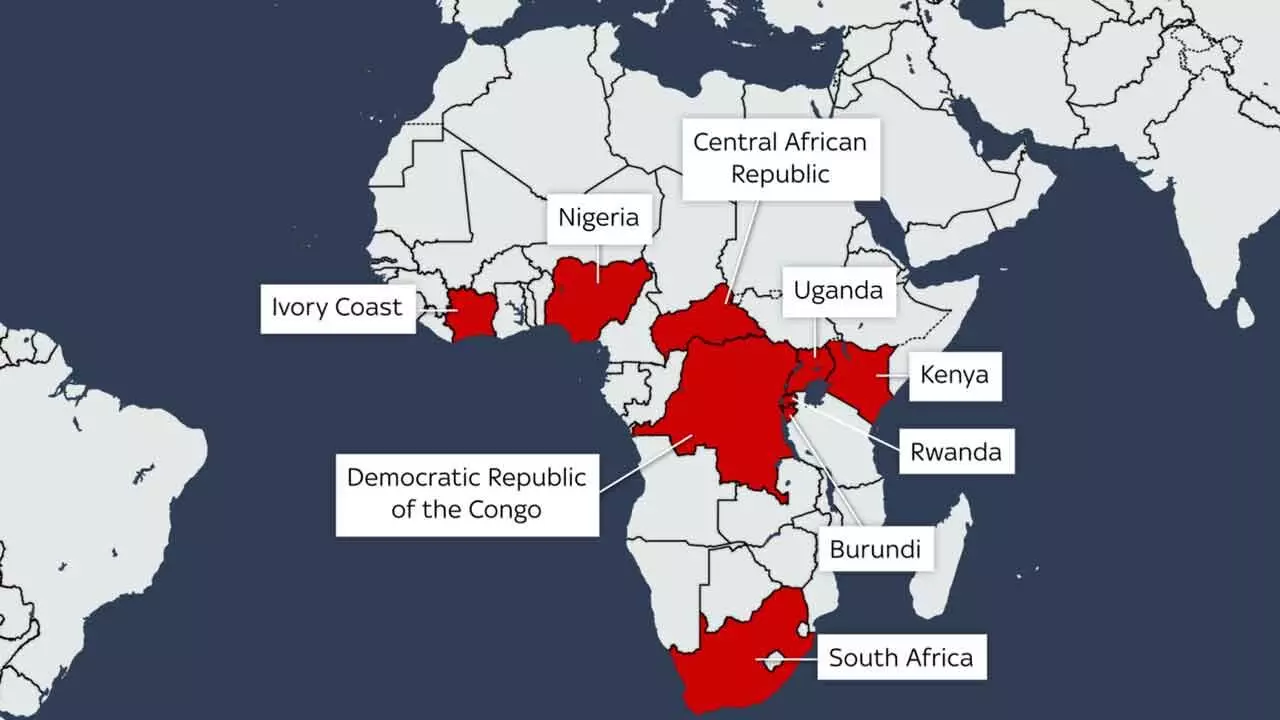
The Spread of a New Clade
The World Health Organization (WHO) has declared the recent mpox outbreaks in Africa a global health emergency. Virus has come and spread rapidly across central and eastern parts of the continent.
The clade Ib outbreak began in September 2023 in the Democratic Republic of the Congo (DRC) and has since expanded to several neighbouring countries, including Burundi, Kenya, Rwanda, and Uganda. Genomic sequencing has confirmed the presence of this new clade, which appears to be more transmissible and has a higher fatality rate of around 3-4% compared to the less than 1% seen in the 2022 global outbreak.

Disproportionate Impact on Children and Vulnerable Populations
One particularly concerning aspect of this outbreak is the disproportionate impact on children. Children under the age of 15 contain nearly 70% of cases and account for 85% of the deaths. The lack of vaccine access and limited healthcare infrastructure in many affected regions have exacerbated the crisis.

Refugee camps in the conflict-ridden eastern DRC have hit hard, with experts expressing particular worry about the spread of mpox in these overcrowded and vulnerable settings. Outbreaks strain the DRC’s health system such as malnutrition, measles, and cholera, further complicating the response to the mpox emergency.
Urgent Need for Global Cooperation and Support
The WHO’s declaration of a Public Health Emergency of International Concern (PHEIC) is intended to spur the global community into action. However, past PHEIC declarations have not always led to the necessary resources and support being directed to affected regions, particularly in Africa.

Experts have called for a more decisive and equitable global response, including deploying rapid diagnostic tests, vaccines, and treatments to the affected countries. The lack of access to these tools in Africa has been a major obstacle in containing the outbreak.
Conclusion
The mpox outbreak in Africa is a stark reminder of the need for a strengthened global health system. It can respond effectively to emerging infectious diseases, regardless of geographic origin. By working together and prioritizing the needs of the most vulnerable populations. The international community has an opportunity to prevent this outbreak from spiralling further out of control.
Time is of the essence, and a well-resourced response. It is crucial to safeguarding the health and well-being of communities across Africa.













